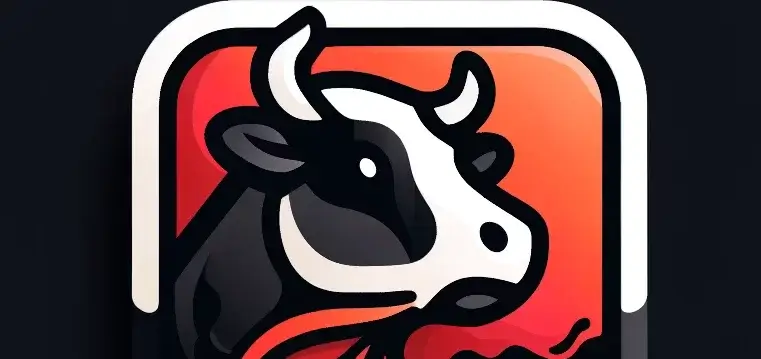On TikTok, the ‘English or Spanish?’ trend started by Alfonso Pinpon is catching on fast. This trend is more than just picking a language. It touches on more prominent themes like sexual identity, cultural expectations, and how society influences us. As people join in, they’re not just having fun, it’s much more than that. Keep reading our article till end to know everything about this latest trend.
The Origins of the “English or Spanish?” TikTok Trend
Prank by a single user
@alfonsopinpon_
Alfonso Pinpon, a TikToker, started the ‘English or Spanish?’ trend as a bit of fun. He would walk up to people and ask, ‘Do you speak English or Spanish?’ Then he’d add a twist by saying, ‘Whoever moves first is gay.’ This unusual approach caught people’s attention.
It was funny, and it made people react in all sorts of ways. The trend took off as more people watched and shared his videos. Now, it’s a big hit, with over a million followers on TikTok enjoying the various responses.
Viral commentary on internalised homophobia
@kyleazajac he moved 🙁 #englishorspanish #rollercoasters
In this TikTok challenge, the first person to move gets called gay. This highlights a real fear of being seen as homosexual. It shows how society still has strict rules about masculinity and expects everyone to act straight.
The trend has evolved on TikTok and shows two sides. Some users deal with the homophobic undertones by responding in exaggerated, flamboyant ways. Others show they’re uneasy about their sexual identity. This has started discussions on the ongoing stigma and the need for more acceptance and understanding of LGBTQ+ identities.
Exploring the Significance of “English or Spanish” on TikTok
The ‘English or Spanish’ trend on TikTok shows us how digital platforms can spotlight critical social topics. Using humour and direct questions, this trend gets people talking about which language they prefer, but it digs deeper into serious issues like sexuality and identity. It’s not just fun; it makes us think about our views and biases.
It shows changing attitudes towards the LGBTQ+ community and highlights how social media can help promote inclusivity. So, this trend really shows that TikTok can be a place for critical cultural conversations and social commentary.
